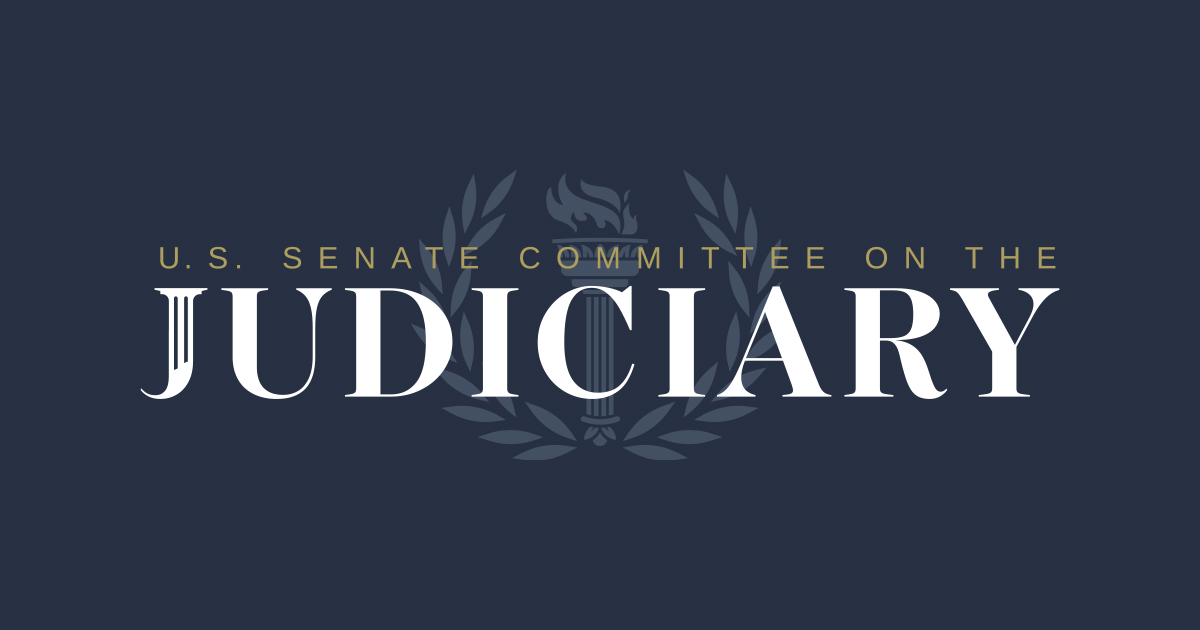We don't have a labor shortage.
Whatever jargon you use to describe it, there's a need for workers to do jobs that are going vacant, causing disruption that hurts consumers and drives up prices. And there's a supply of labor to do those jobs which is being artificially suppressed, which could fill that need which otherwise will not be met. Immigration is a legitimate source of labor, traditionally, though it's true that bigotry and xenophobia has suppressed that labor supply many times, but always for the worse. Exclusionism and artificial suppression of free choice generally makes the economy worse, not better.
We have a workforce that woke up during the pandemic and realized that they have power, refusing to work for shit wages and shopping around for a better deal.
It's fine for them to do that, competing and finding better terms. But that's no legitimate reason to artificially suppress the labor supply. Employers who can offer better terms and maintain profitable production are doing so, but declaring war on them by artificially restricting the labor supply only makes the whole economy and all of us worse off. Suppressing production by driving up their cost because you hate employers is not the solution to anything. The solution is to set all producers free, employers and job-seekers, to make their own individual free choices, to seek his/her own "better deal" as they individually choose, rather than the government interfering to impose artificial terms onto them, such as dictating wages or prices to them, or arbitrarily excluding someone in order to artificially suppress the labor supply.
Employers are whining because they "can't find anyone," but if they pared back the CEO's bonuses or accepted a temporary dip in profits in order to attract good employees and . . .
They already do that when it's necessary to improve production, but that's not for outsiders to dictate to them. The company knows what is the best production level, because they have to pay the cost for it. Those who pay the costs are the only ones qualified to make those decisions.
. . . attract good employees and then kept them around by not treating them as fodder, they might find it easier to fill those jobs.
Both the employers and employees are fodder, pressed into service for the benefit of consumers.
Those employers know better than outsiders what the company needs and what better serves production for consumers. They already are increasing wages to attract more employees, but no outsider is qualified to dictate what the exact proper terms are. It's whatever makes consumers better off that determines what the production level should be, not the need to babysit more workers. Production is increased not in order to provide more jobs, but in order to better serve the consumers, with profit motive as the measure of how much extra production is worth how much extra cost. No outsider is qualified to dictate to the company how much extra cost is appropriate -- there is a point beyond which the extra production is not worth that extra cost.
As for seasonal jobs like farm workers? Those can be filled by migrants, but they need legal status, . . .
Then why is this continually being denied to them? The need for these workers has not been met, because the legal status is denied and needed work doesn't get done. Though, fortunately, there is circumvention of the bad laws in order to meet the legitimate need for these workers, or some of the need. But other need goes unmet and consumers suffer the consequences (from shortage of migrant workers). What legitimate purpose is served by inflicting this damage onto consumers and the companies trying to serve them?
. . . legal status, decent wages, and the . . .
The "decent" wage is whatever the worker and employer individually agree to, each exercising his/her free choice. Employers have to increase the wage and terms as necessary to attract the needed workers. For outsiders, like government, to interfere and dictate these terms only makes everyone worse off. What is gained by artificially restricting production by imposing arbitrary terms that don't benefit society? The best terms, for everyone's interest, is whatever the workers and employers themselves agree to individually, without interference from Leftist ideologues pretending to know what everyone's income should be, or Populist fanatics pretending to know who "belongs" here and who does not.

